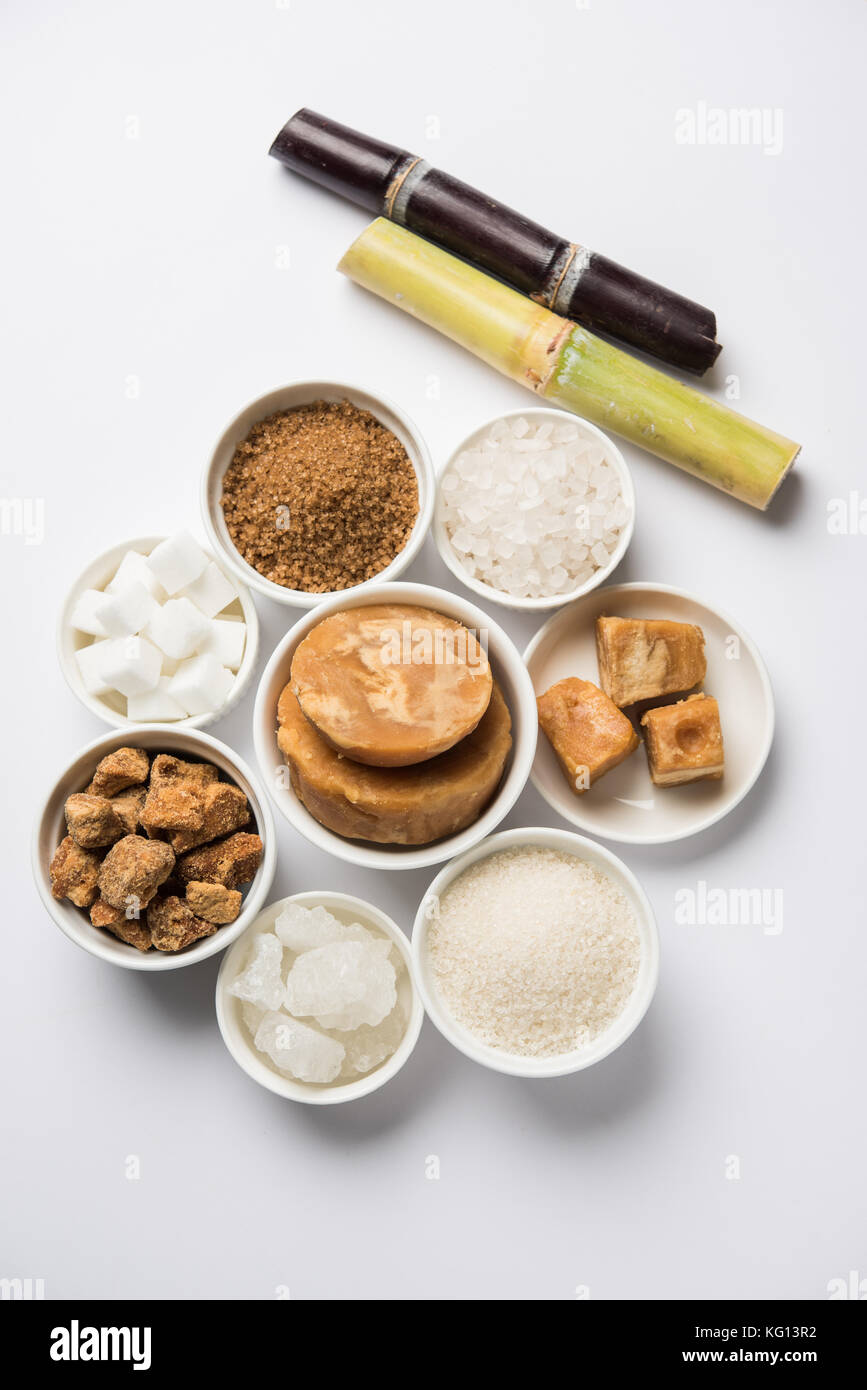Sugarcane Product: A Key Ingredient in Eco-Friendly Packaging Solutions
Sugarcane Product: A Key Ingredient in Eco-Friendly Packaging Solutions
Blog Article
Lasting Sugarcane Products: From Sweeteners to Eco-Friendly Goods
The potential of sustainable sugarcane products expands past traditional sweeteners to incorporate a variety of eco-friendly goods, presenting an engaging instance for their combination into modern consumer techniques - sugarcane product. As the globe faces pushing ecological problems, sugarcane becomes a versatile resource with the ability of resolving both dietary needs and sustainability objectives. This conversation will certainly check out how technologies in sugarcane farming and handling can bring about considerable developments in biodegradable product packaging and eco-conscious textiles. What ramifications might these growths have for future customer choices and ecological impact?
Review of Sugarcane Sustainability
As the demand for ecologically friendly products expands, understanding sugarcane sustainability comes to be progressively important. Sugarcane, a flexible plant, is cultivated mostly in exotic and subtropical areas, and its sustainability is important for both ecological health and financial feasibility. Sustainable sugarcane farming methods concentrate on minimizing environmental influence while taking full advantage of performance and success.
Secret facets of sugarcane sustainability include effective land use, lowered chemical input, and improved water administration. Practices such as plant turning, integrated pest administration, and natural fertilizing add to dirt health and biodiversity. In addition, innovative innovations, such as precision farming, aid maximize resource use and lower waste.
In addition, sugarcane is a sustainable resource, with byproducts that can be utilized in various markets, from biofuels to naturally degradable plastics, therefore minimizing dependence on fossil gas and diminishing carbon footprints. Certifications like the Bonsucro basic urge sustainable practices across the supply chain, advertising openness and liability.

Sugarcane-Based Sweeteners
Utilizing sugarcane as a key resource, sugarcane-based sugar have actually acquired prominence as all-natural alternatives to man-made sweeteners and polished sugars (sugarcane product). These sweeteners, originated from the extraction and handling of sugarcane juice, use a variety of items that deal with diverse consumer choices, including organic and minimally refined choices
Among the most noteworthy sugarcane-based sweeteners are raw walking cane sugar, panela, and molasses. Raw walking cane sugar maintains more of the all-natural tastes and nutrients located in sugarcane, making it a popular option for health-conscious customers. Panela, a typical Latin American sweetener, is generated by vaporizing sugarcane juice, preserving its all-natural minerals and vitamins. Molasses, a byproduct of sugar extraction, is rich in anti-oxidants and necessary nutrients, acting as a nourishing sweetening agent in numerous cooking applications.
The growing need for sugarcane-based sweeteners is driven by boosting awareness of health and wellness and sustainability concerns related to conventional sweeteners. By picking sugarcane-derived items, consumers not just sustain sustainable farming techniques but likewise add to a much healthier lifestyle, straightening their dietary choices with their ecological worths.
Naturally Degradable Packaging Solutions
Emerging as a sensible alternative to conventional plastics, naturally degradable product packaging solutions acquired from sugarcane are transforming the packaging market. These ingenious materials give an environmentally friendly choice that deals with the expanding problems over plastic pollution. Making use of the natural sugars discovered in sugarcane, makers are creating numerous forms of naturally degradable product packaging, including films, containers, and wraps that break down more rapidly than conventional plastics.
The main benefits of sugarcane-based packaging lie in its renewable sourcing and its capability to damage down into non-toxic byproducts. Unlike fossil fuel-derived plastics, which can continue the environment for centuries, sugarcane packaging normally decays within a few months under proper conditions. This decrease in waste not just minimizes garbage dump overflow however likewise decreases the carbon impact connected with product packaging products.
Additionally, sugarcane-derived product packaging keeps robust efficiency features, offering equivalent resilience and functionality to conventional options. As consumers and businesses progressively prioritize sustainability, the adoption of biodegradable product packaging options represents a substantial action towards a round economic situation, where materials are recycled and regrowed instead of discarded. This shift not just enhances brand name image yet likewise contributes to a more lasting future for the planet.
Eco-Friendly Textiles and Fabrics
Green textiles and textiles are getting traction in the style and home goods markets as consumers progressively demand sustainable options to typical products. Among the notable choices are textiles stemmed from sugarcane, which offer an ecologically responsible option to artificial fibers. These fabrics are generated through a procedure that makes use of the sustainable sources found in sugarcane, dramatically minimizing reliance on petroleum-based materials.

Brands are increasingly integrating green fabrics into their line of product, showing a more comprehensive dedication to sustainability. This change is not just a trend but a required advancement in feedback to ecological concerns. As the market for sustainable textiles increases, customers can anticipate cutting-edge layouts that incorporate design with eco-friendly responsibility. Ultimately, eco-friendly textiles and fabrics represent a significant step toward reducing the fashion market's environmental footprint while dealing with the expanding need for liable customer options.
Developments in Sustainable Farming
Revolutionizing farming practices, technologies in sustainable farming are changing the way crops are expanded and handled. These innovations focus on decreasing environmental effect while making the most of performance and performance.

In addition, agroecology, which integrates eco-friendly principles into farming, promotes biodiversity and soil wellness. Practices such as crop rotation, cover chopping, and intercropping foster resilient communities great post to read that can hold up against pests and climate variations - sugarcane product. Additionally, using organic plant foods and biopesticides adds to healthier soils and environments

Together, these developments are not only reshaping the farming landscape yet likewise contributing Check Out Your URL to a much more lasting future for sugarcane and various other crops, aligning agricultural experiment ecological stewardship.
Final Thought
Lasting sugarcane products represent a significant innovation in eco-friendly choices, covering from natural sweeteners to eco-friendly items. The growing of sugarcane through lasting methods not only boosts environmental health yet likewise adds to financial feasibility. As consumer choices progressively lean towards lasting choices, the versatility of sugarcane as a renewable energy becomes increasingly appropriate. This trajectory highlights the value of continued technology and commitment to lasting methods within the sugarcane market, promoting an extra sustainable future.
The possibility of sustainable sugarcane products expands beyond conventional sugar to include a range of environment-friendly items, presenting a compelling instance for their integration into modern consumer techniques. Lasting sugarcane farming practices focus on lessening eco-friendly impact while making best use of performance and success.
Lasting sugarcane items stand for a substantial advancement in environmentally friendly options, extending from natural sweeteners to biodegradable products. The growing of sugarcane with lasting methods not just enhances environmental health but also contributes to economic practicality. try this website As consumer choices significantly lean in the direction of lasting choices, the versatility of sugarcane as an eco-friendly source comes to be significantly pertinent.
Report this page